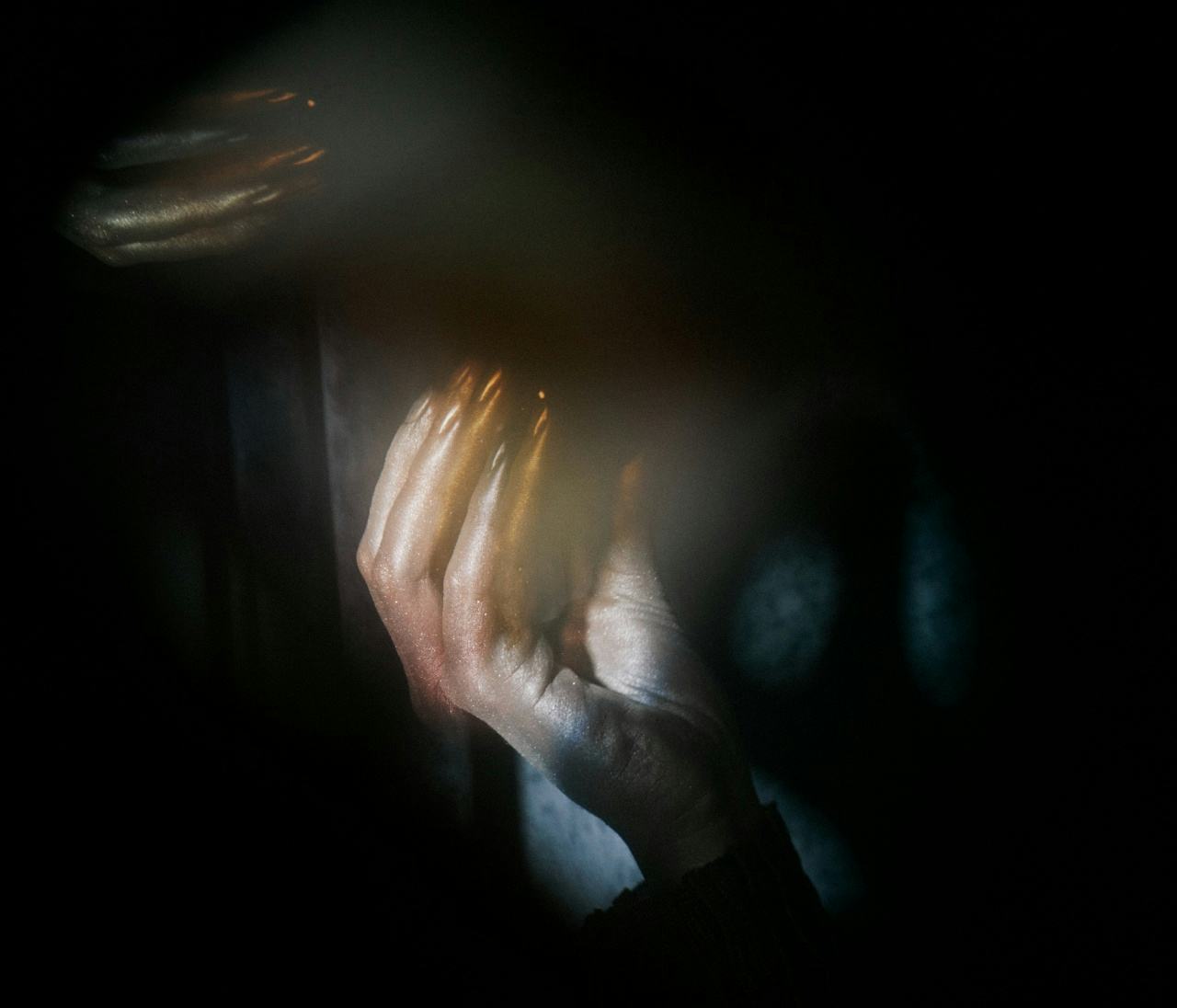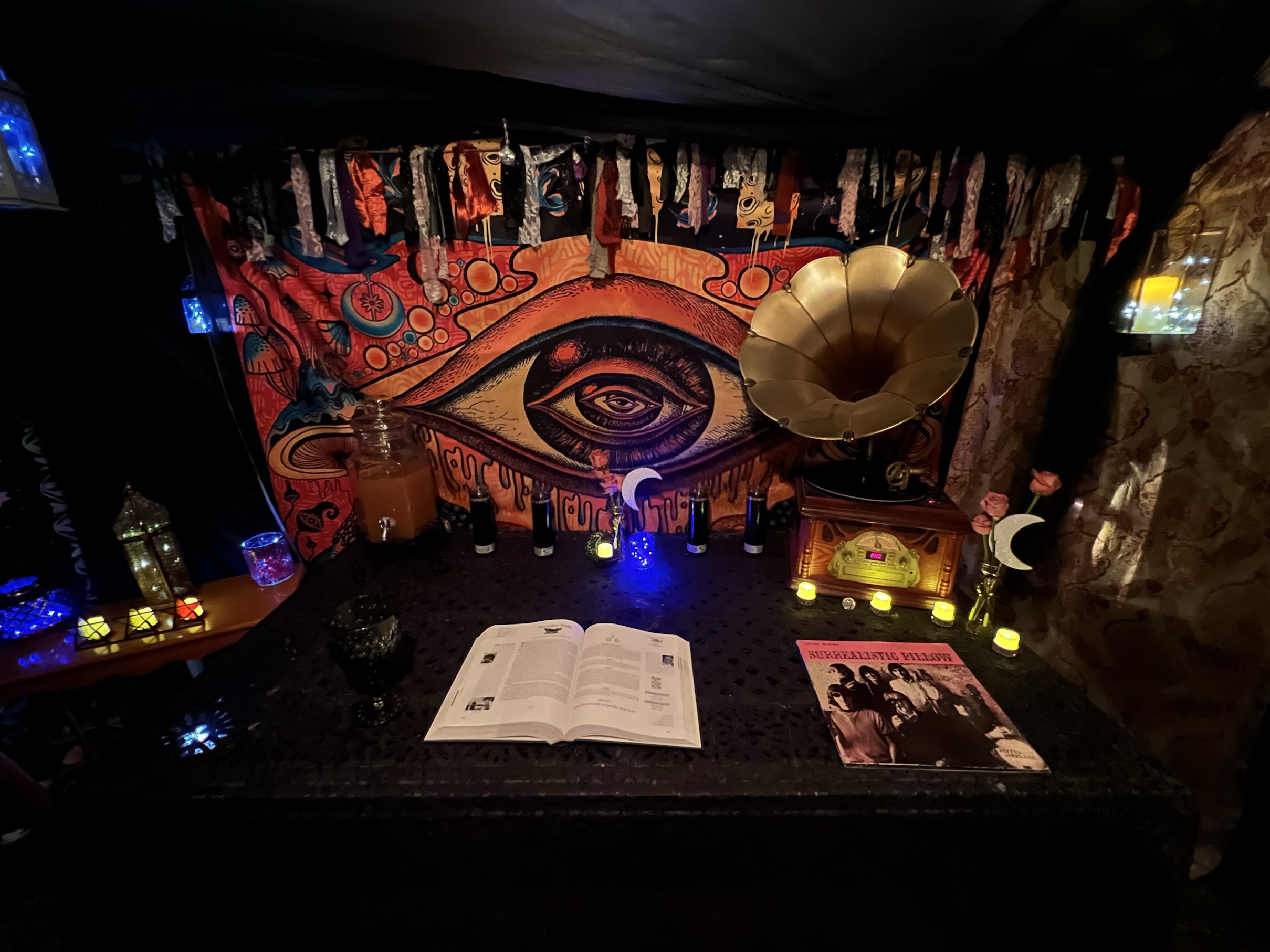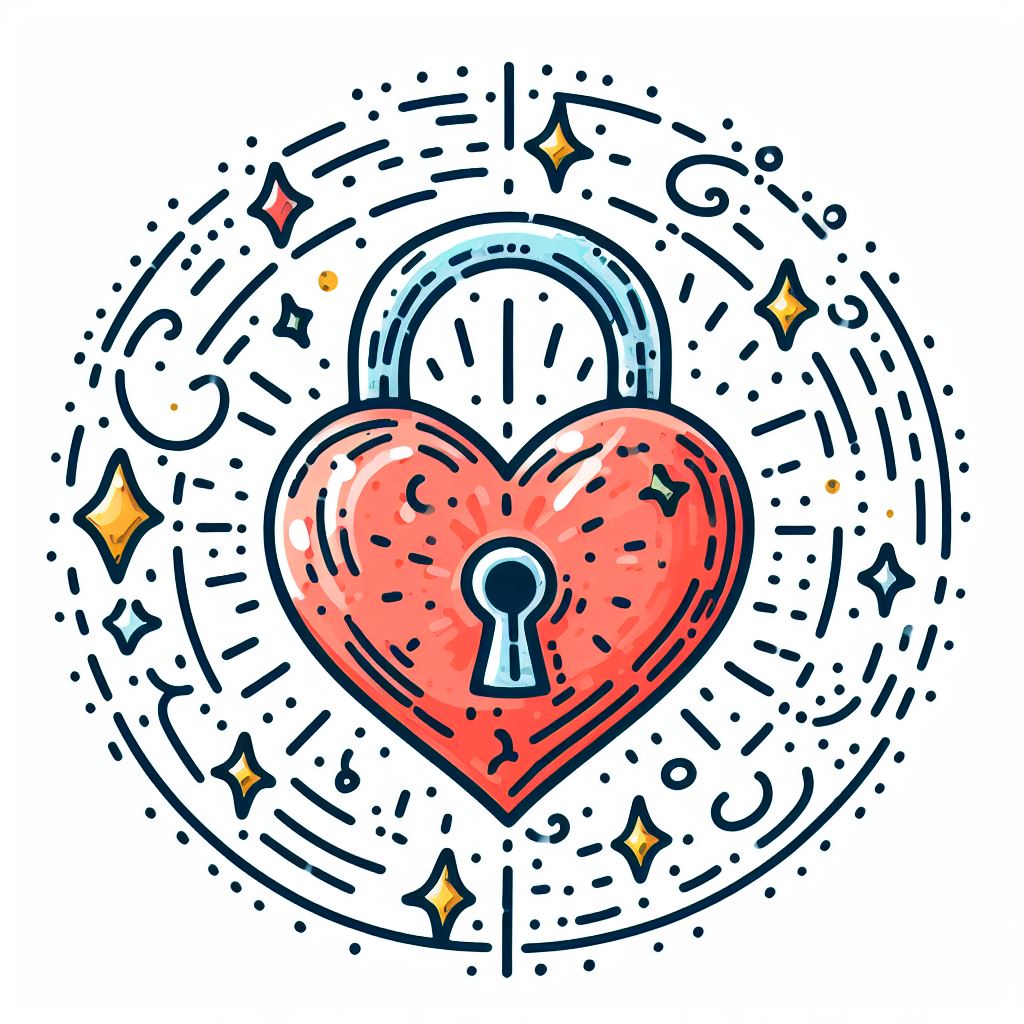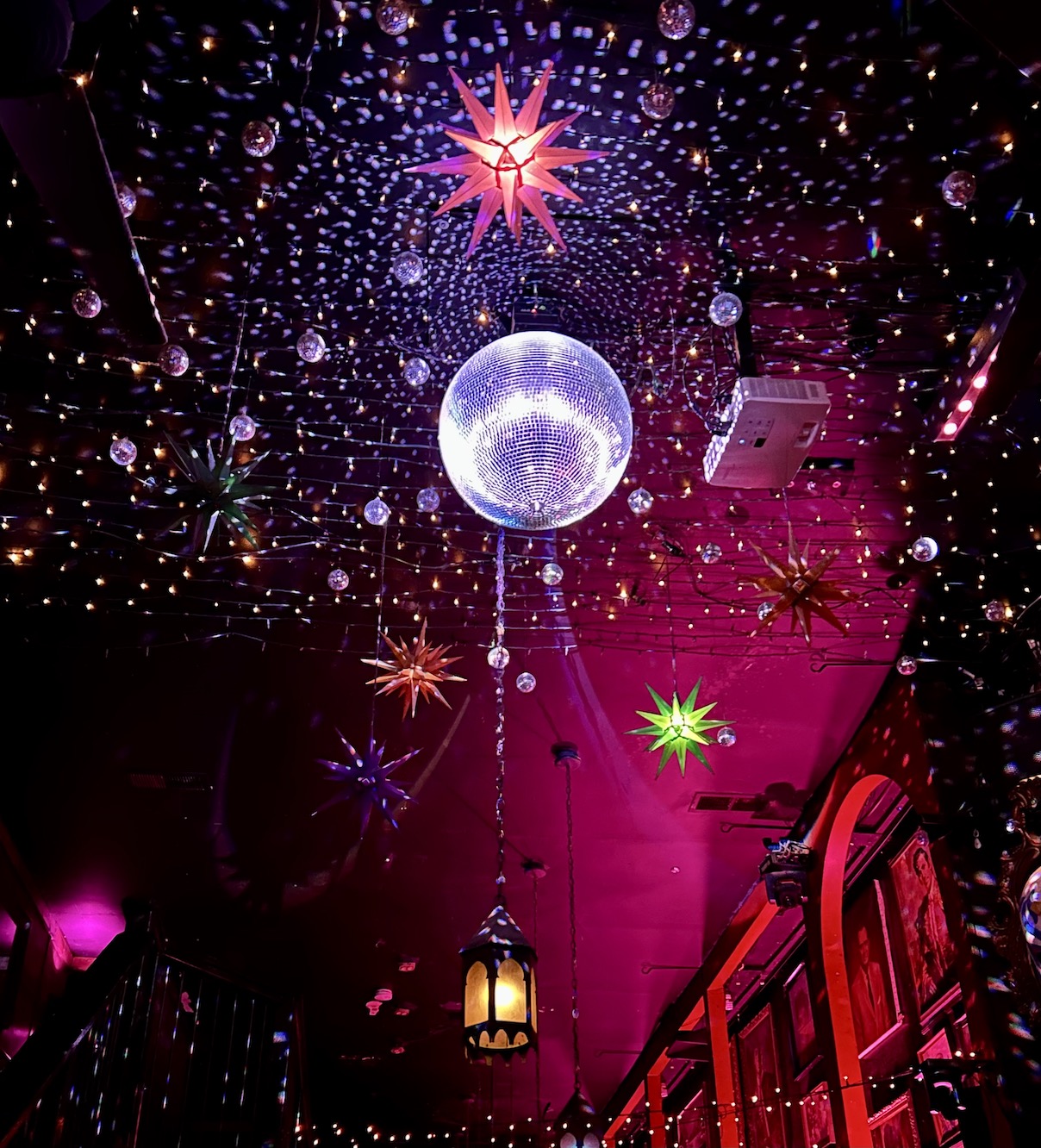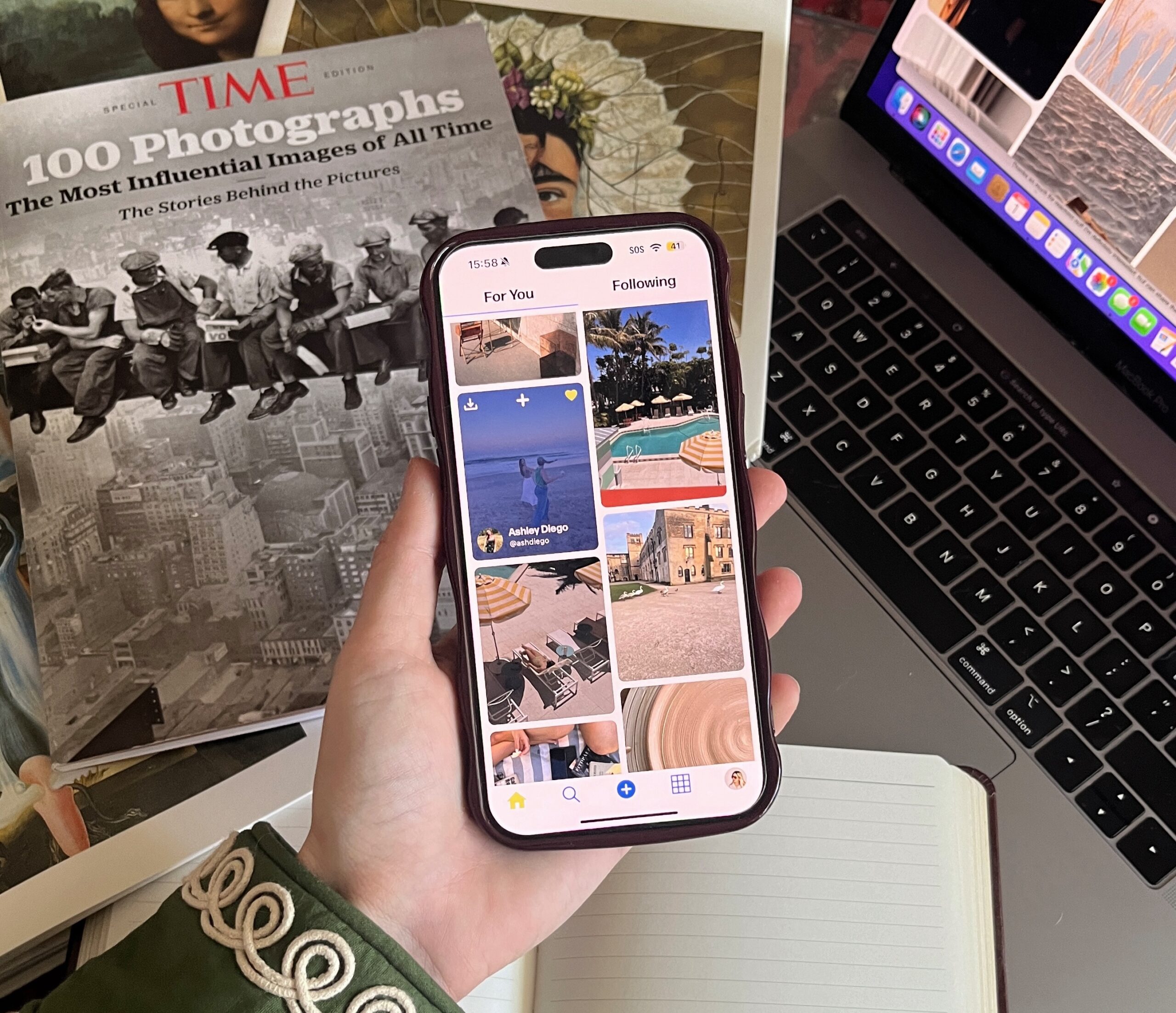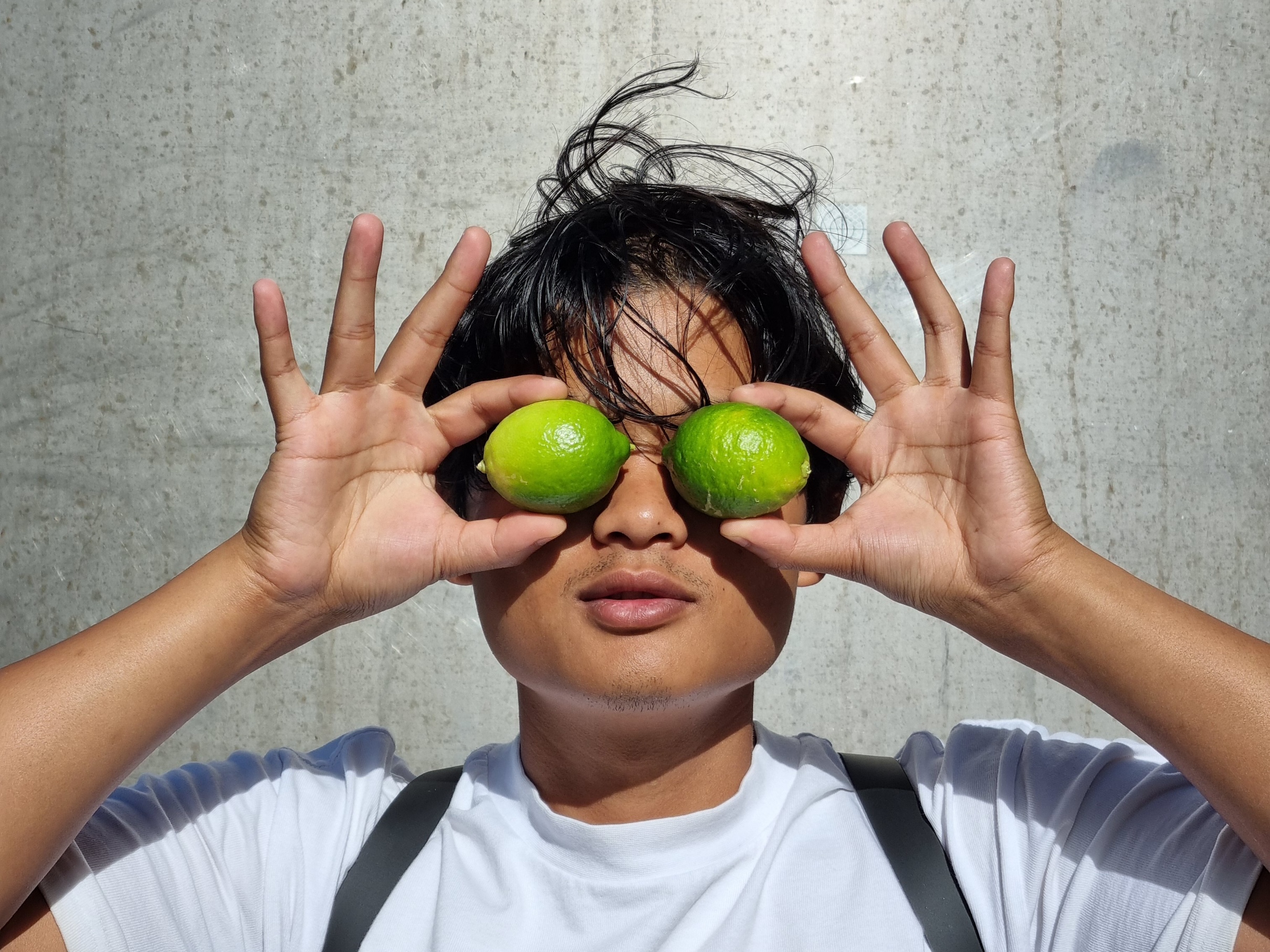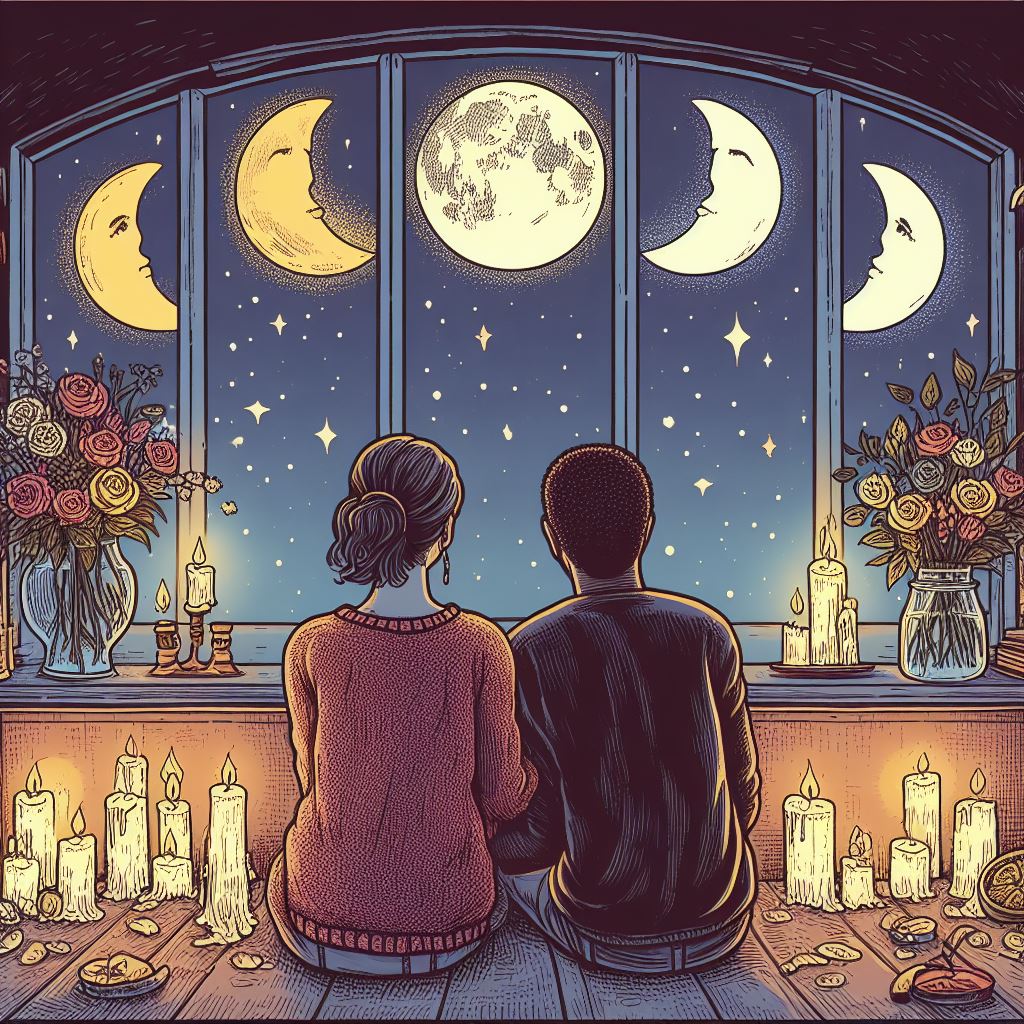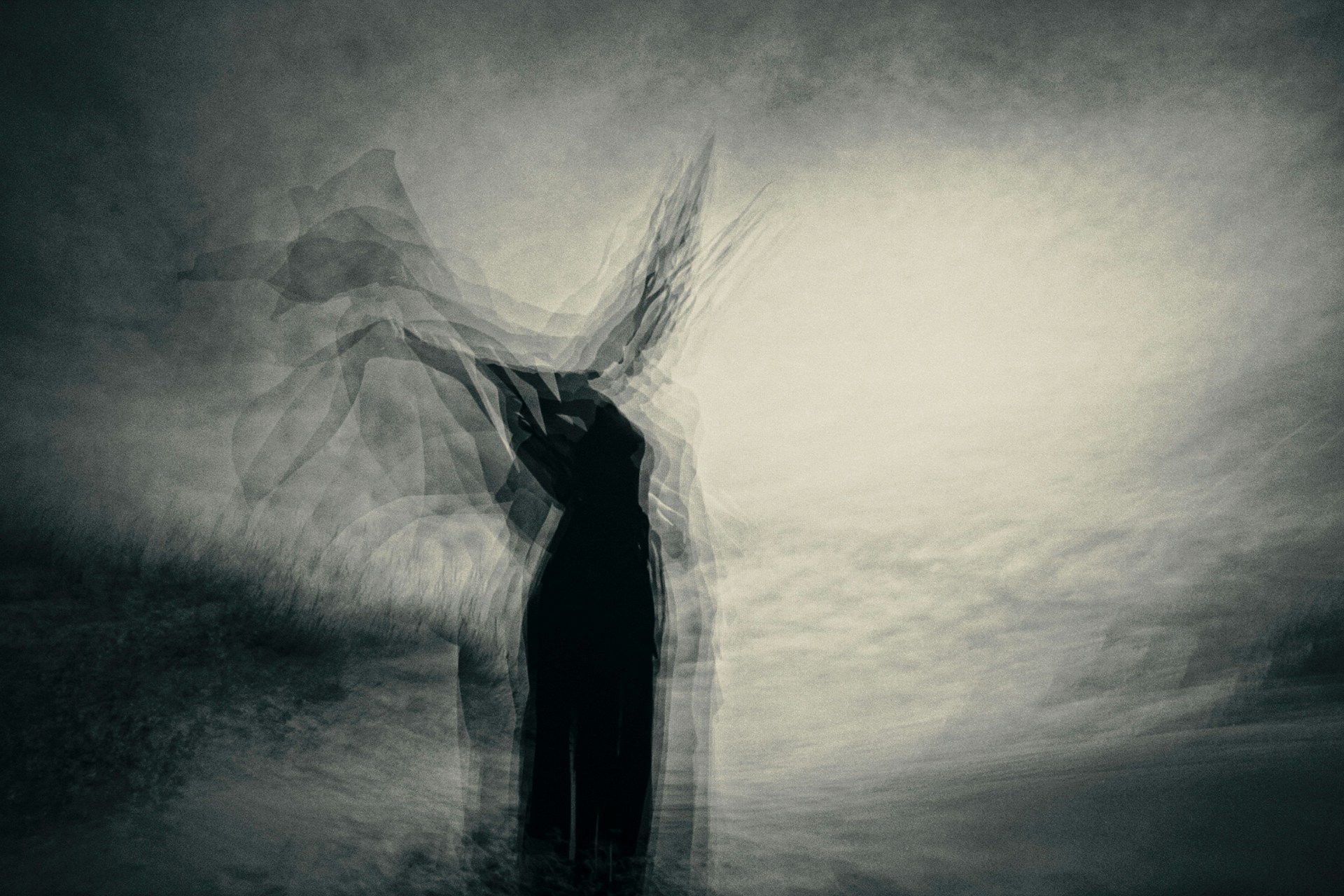Have you ever wondered why some people (myself included) spell magic with a “k” at the end? It’s not just a quirky choice or a typo. There’s actually a fascinating history and a wealth of meaning behind this seemingly small spelling variation.
When I first started delving into my own magickal practices, I found myself confused about the difference between “magic” and “magick.” Some people use some spellings and some use others! What was I supposed to use?! It took some time and research to understand the significance of that extra letter, and now I want to share with you.
Defining “Magic” vs. “Magick”
When you see the word “magic,” you might think of a magician pulling rabbits out of hats or dazzling audiences with sleight-of-hand tricks. At least, I know a lot of people do. You’ll find it at talent shows, on TV, and at parties. It’s all about showmanship and illusion, and while it’s certainly fun to watch, it’s not what those of us in the witchy community are usually referring to.
On the other hand, “magick” with a “k” is something entirely different. This term is used to describe the spiritual and mystical practices that many witches, Wiccans, and other occult practitioners engage in. It’s not about putting on a show for others. It’s a deeply personal and often private practice aimed at spiritual growth, self-discovery, and sometimes influencing the world in subtle, profound ways.
Historical and Cultural Contexts
The spelling “magick” was re-popularized by Aleister Crowley, a name that comes up a lot in occult circles. Crowley was a British occultist who lived in the late 19th and early 20th centuries, and he’s a pretty controversial figure (that’s putting it lightly). While he contributed a lot to modern magickal practices, it’s widely known that he held some deeply problematic views, including nationalism and racism. This is something to keep in mind when researching his works, and I advise you to view his work through that lens keeping all of that in mind.
Crowley added the “k” to distinguish the spiritual practice of magick from the performance art of magic. His reasoning was both practical and symbolic. The “k” at the end of “magick” is the 11th letter of the alphabet, and in numerology, the number 11 is considered to be a master number, representing intuition, insight, and spiritual enlightenment.
So, for Crowley and those who followed his teachings, the “k” added a layer of esoteric meaning that set their practices apart from mere tricks and illusions.
However, it’s important to acknowledge that Crowley didn’t create the term “magick” with a “k”; he merely re-popularized it. The spelling has been around for centuries, used sporadically in various texts and practices. Crowley’s influence, though, is what brought it back into common usage within the occult community. Unfortunately, may now tie the spelling “magick” with Crowley when that simply isn’t the case! (Don’t give him that credit!)
The Use of “Magick” Before Crowley
It’s a common misconception that Aleister Crowley was the first to use the term “magick” with a “k.” In fact, the spelling has been around for centuries, appearing in various texts and traditions long before Crowley’s time. Historical documents show that the word “magick” was used in medieval grimoires and other esoteric writings, showing that its roots are much older than Crowley’s re-popularization.
The term can be traced back to the writings of ancient and medieval scholars who used “magick” to describe their mystical and occult practices. These early references highlight the use of the “k” to differentiate serious, ritualistic, and spiritual endeavors from common sleight-of-hand tricks. This historical usage reinforces the idea that magick has always been viewed as something deeper and more profound than mere entertainment.
Crowley’s influence certainly helped bring the term back into the spotlight, but it’s important to recognize that he was part of a much larger tradition (that he stole from). By understanding this broader history, we can appreciate the rich tapestry of magickal practices that have evolved over centuries, each contributing to the modern understanding of what magick is today.
Symbolism in the Letter “K”
So, what’s the big deal about adding a “k” to “magic”? This simple letter carries a lot of weight.
For starters, the letter “k” itself has a sharp, distinct sound, giving the word “magick” a more powerful, almost arcane feel. This helps convey that we’re talking about something more profound than simple stage tricks.
In numerology, the study of the mystical significance of numbers, the letter “k” corresponds to the number 11, which is considered a master number. Master numbers are thought to hold intense vibrational energy, and 11 specifically is associated with intuition, enlightenment, and spiritual insight. By adding a “k” to the end of “magic,” practitioners imbue the word with these deeper, more mystical connotations.
For many, and this is primarily why I choose to spell it this way, this symbolic distinction is important. It marks a clear line between the mundane and the mystical. While stage magic is about creating illusions to entertain an audience, magick with a “k” is about real spiritual and personal transformation. It’s a way to respect the sacred nature of these practices and to distinguish them from mere tricks.
The Impact of “Magick” in Modern Practice and Media
Today, the distinction between “magic” and “magick” is more relevant than ever. In an age where spiritual practices are becoming more mainstream, it’s important for practitioners to clearly define what they do and why it’s different from entertainment magic. This helps preserve the integrity and seriousness of magickal practices, ensuring they are respected and understood.
Modern practitioners often navigate these distinctions with care. While we may borrow terms and symbols from historical figures like Crowley, we also work to reclaim and redefine them in ways that align with our values. This means acknowledging the problematic aspects of our history and actively working to create a more inclusive and respectful community.
Popular media also plays a huge role in shaping perceptions of magick. Movies, TV shows, and books often blur the lines between magick and magic, creating a fantastical view of what magickal practice looks like. While this can be entertaining, it sometimes leads to misconceptions. It’s up to us as practitioners to educate others and share the real, profound aspects of our work.
For example, when I talk about my magickal practice with friends or family who are only familiar with Hollywood’s version of magic, I make sure to explain the deeper, more personal side of what I do. It’s about connection, intention, and spiritual growth for me.
So, why do I spell magick with a “k”? It’s a small but significant way to honor the depth and seriousness of our spiritual practices. It sets my practice from stage magicians and highlights the rich, complex history of magickal traditions. By understanding the origins and meanings behind this spelling, we can appreciate the profound significance it carries.


